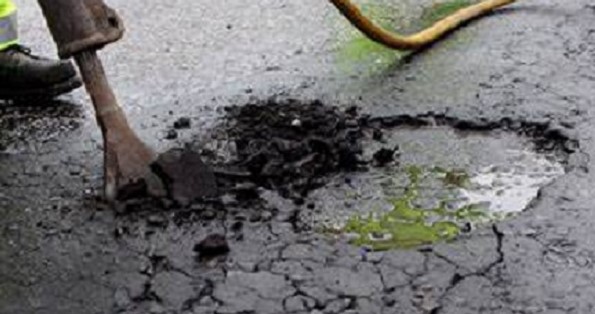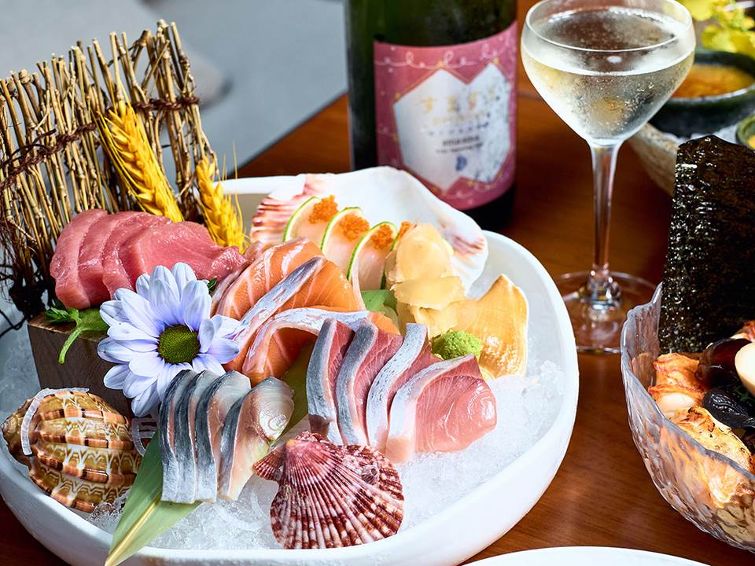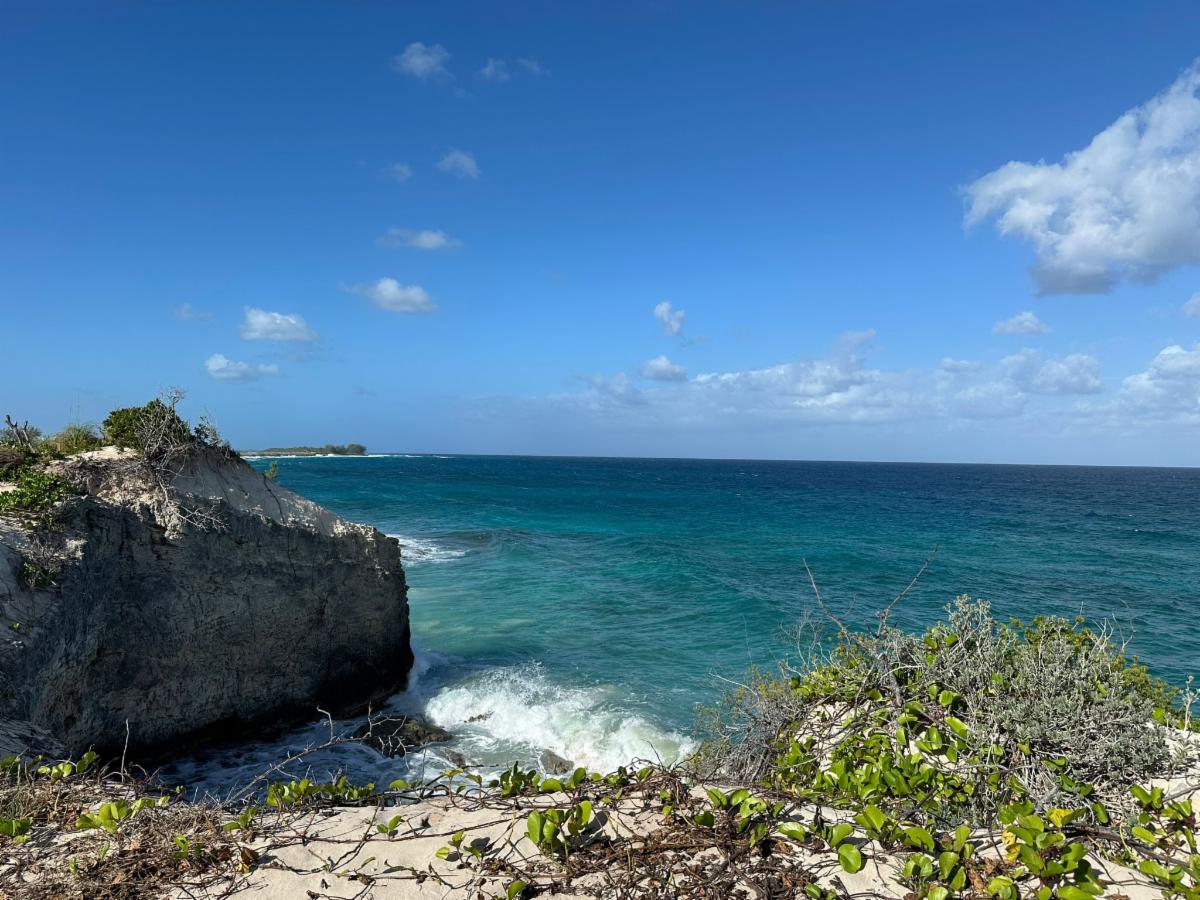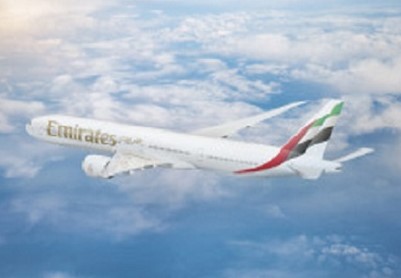"Over the years I’ve discovered that not everyone is comfortable with the fact that we are so tourism-dependent," said Hugh Riley, secretary general of the Caribbean Tourism Organization as he addressed the opening of the CTO’s 8th Tourism Human Resources Conference at the Jolly Beach Resort in Antigua & Barbuda.
“To some it sounds like we are stuck there; like we are saying that somehow we should not develop other areas of our economies. We should not try to diversify. Of course we should. Countries all over the world that were overly dependent on one sector or another, have sought to diversify their economies; and interestingly, all of the world’s developed countries, rich in various natural and other resources, have turned serious attention to developing their tourism sectors,” he said.
The full text of the secretary general’s speech is available below.
Hon. Samantha Marshall, Minister of Social Transformation and Human Resource Development
Mrs. Paula Frederick-Hunte, Permanent Secretary, Ministry of Tourism, Economic Development, Investment and Energy,
Mr. Colin James, Chief Executive Officer,Antigua and Barbuda Tourism Authority
Mrs. Vanessa Ledesma, Chief Operating Officer, Caribbean Hotel & Tourism Association
Dr. Lorraine Nicholas, tourism specialist at the OECS Commission
Distinguished Ladies and Gentlemen,
It is a pleasure and an honor to be with you today to share a few opening thoughts as we tackle the business of Making Excellence a Habit.
My comments are just the appetizer because the experts whom Bonita Morgan and her team have assembled to speak to us over the next few days, will certainly serve up the main course.
Before we even begin, please join me in thanking The Honourable Asot Michael, Minister of Tourism for Antigua and Barbuda and his team of professionals for their gracious hospitality and their warm welcome to Antigua.
The person who met us and drove us here from the airport is certainly one of finest first impressions of a destination that I have ever had the pleasure to encounter. Cleo Henry’s knowledge, pride in her country and sheer eloquence, should be used as an industry best-practice.
Our gratitude too, must go to the Management and Staff at Jolly Beach Resort for their attentiveness and their obvious focus on satisfying the needs of their guests.
There is no denying that when we speak of customer satisfaction, we often tend to focus a disproportionate amount of attention on front line employees. Why? Because they are critically important to the delivery of the tourism product to the end user, and are therefore an essential source of immediate feedback on how we’re doing.
But in addition to the frontline, there are the legions of team members who are involved in every aspect of creating, selling, marketing, designing, building, defending, testing, researching and communicating the experience we ultimately deliver. Because we are tourism destinations, we naturally focus on visitors but the basic formula for winning the satisfaction and approval of our customers, works in virtually any field of endeavor.
So what is it that we really aim to achieve in our interaction with customers?
Imagine for a moment how our day would begin - and end - if we truly focused on making every customer a repeat customer. So regardless of what you do, you go to work tomorrow and decide that each interaction is going to be aimed at getting this person to come back to your restaurant, or hotel, watersports facility or country.
So automatically, you are now in the mode of doing such an excellent job to get them back, time and again, that you are spontaneously guaranteeing that their current experience is special. You are effectively making that process a habit.
When I was putting these few thoughts together about Making Excellence a Habit, I was curious to see how Webster, Oxford, Encarta and even the American Journal of Psychology defined a habit. Generally speaking, they sort of agree that a habit is a regular tendency or practice. An automatic reaction to a specific situation.
So we effectively need to be making excellence automatic.
And why does it even matter if we’re excellent? Who cares? We all must care.
Because we are the world’s most tourism-dependent region, we must care more than anyone else. No one should pay more attention to delivering a superb experience, than we in the Caribbean.
Over the years I’ve discovered that not everyone is comfortable with the fact that we are so tourism-dependent. To some it sounds like we are stuck there; like we are saying that somehow we should not develop other areas of our economies. We should not try to diversify. Of course we should. Countries all over the world that were overly dependent on one sector or another, have sought to diversify their economies; and interestingly, all of the world’s developed countries, rich in various natural and other resources, have turned serious attention to developing their tourism sectors!
There are reasons why the Caribbean is the most tourism-dependent region.
The number one reason is that we have a huge competitive advantage. Where else in the world is there the combination of Dutch, English, French, Spanish, African and Asian cultures in one destination?
The Caribbean’s natural and built-heritage, its food, visual and performing arts, history and infectious hospitality are all attractive magnets for foreigners seeking a new narrative.
Stunning colonial architecture and pockets of indigenous peoples also provide rich experiences waiting to captivate curious discoverers.
Where else is there a combination of excellent weather, all year-round, alluring beaches and infectious rhythms?
The Caribbean is proud to possess 25 UNESCO World Heritage Sites, located in 14 countries. Some of the Caribbean’s sites were inscribed on the list as early as 1982, placing us on the list before prominent countries like China, India, Spain and the UK.
So those are some of the competitive advantages that make us proud of our tourism prominence.
But as important as it is to have all of that, the adhesive that must bind it all together is service excellence.
Our competitors around the world can always have deeper pockets and taller buildings; but no one should have better people than the Caribbean. Nowhere in the world should there be a population that is more dedicated to acquiring the tools and using the resources available to constantly assess and improve our performance. In other words, as a region we must pay close attention to customer response mechanisms, so that we always know how our guests are defining excellence.
That feedback is essential. Grab every realistic opportunity to communicate with your guests and find out how they really feel. Only by knowing how we are doing, can we constantly improve.
At the Caribbean Tourism Organization we feel so strongly about this that we created a monitoring mechanism for destinations. Guestpitality - Total Visitor Satisfaction asks visitors to assess their destination experience in seven critical sectors. This is on-the-ground feedback on how a country is doing in the most vital areas of a visitor’s experience. Just as high scores are validation of what you are doing right, Guestpitality also points out the sectors that need attention. If we want to be excellent, we must make collecting feedback a habit!
We all know that there are good habits and bad habits; and as we also know, habits are hard to break. So let’s choose good ones, and then make them impossible to break!
















